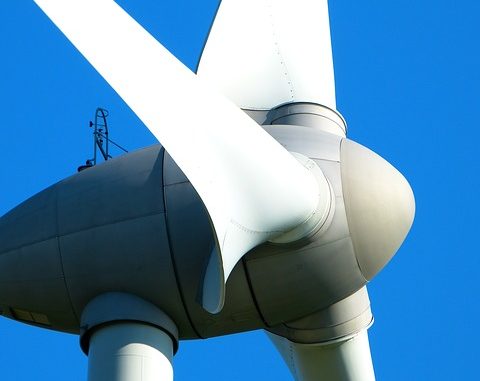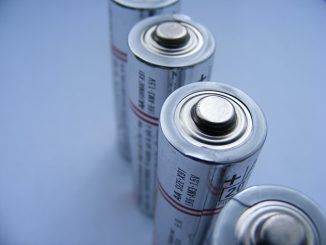
Storage, solar and wind are linked by common interests: storage clearly helps to develop and value intermittent energies, enabling production to be stored, as long as the optimal conditions for consumption or distribution are met.
But these technologies have another characteristic in common: for each of them, CAPEX is important while OPEX is secondary.
Ensuring their development and profitability therefore does not primarily involve optimizing operations but ensuring a favourable environment for investors.
How is this issue to be understood?
First of all, it is necessary to ensure the income generated by the use of these technologies. Legislation and regulation in most countries have been built on a very traditional pattern and organization of electrical systems. These technologies introduce “adjustments” or even changes in the chains of actors, in income streams, not foreseen or even prohibited by the legislation. If the benefits they bring, from a technical or environmental point of view, seem obvious to all, the translation of these benefits into accessible revenues is not always possible today. Regulatory changes are required in all cases.
This evolution may include a first phase where technologies are “sponsored” before a stabilized phase where competition between technologies becomes free. It is important that the regulator takes time, closely follows market developments and is very reactive in order to evolve the regulation, at the risk of reacting too late, too suddenly and creating conditions that are too unstable, too unpredictable for investors.
In the case of solar energy in Europe, too important subsidies granted for too long to initiate a technological development in an urgent way led to retroactive, “stop & go” measures, harmful to the sector. Investors have lost confidence in a future, that appears too uncertain. In emerging countries, the absence of a regulator and the influence of monopolistic historical actors on the market generates the same lack of confidence.
In these cases, not only will the expected income carry a risk, but the interest rates granted will skyrocket. The lack of confidence of a whole community cascades into several lines of the business plans.
This subject brings up two new paradoxes: on the one hand, energy policies must be defined with a long term perspective in order to avoid devastating corrective effects, while politicians draw on short-term results and on communication buzz. On the other hand, new technologies require continuous regulatory adaptations during their early years of development, which regulators, accustomed to reasoning from established, almost eternal frames, have many difficulties in ensuring.
The energy transition made possible by these new technologies is also nourished by a political transition in most countries. This last transition probably will not be the simplest.




Leave a Reply